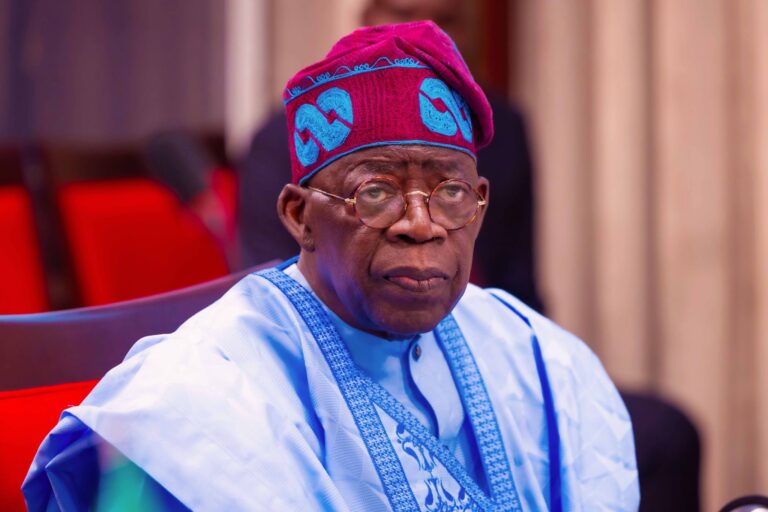By Atoyebi Nike
The Presidency has outlined what it described as major improvements in Nigeria’s economy following reforms introduced by President Bola Ahmed Tinubu.
Special Adviser to the President on Media and Public Communication, Sunday Dare, in a post on X Thursday, said the economy, which was “at a breaking point” before May 2023, is now recording measurable progress across critical sectors.
He cited reforms in trade, foreign reserves, taxation, debt service, subsidy removal, budget deficit, and public financial management. According to him, Nigeria has moved from a trade deficit to a surplus, while foreign reserves have risen to over $23 billion.
Dare also noted that the tax-to-GDP ratio has grown from below 10% to over 15%, while debt servicing now consumes less than 50% of government revenue. He added that the removal of fuel subsidy freed resources for infrastructure investment, with states now receiving positive FAAC allocations.
The presidential aide further highlighted improvements in oil production, budget discipline, and fiscal transparency, while acknowledging that inflation and poverty remain high but are beginning to ease under new policies.
Dare maintained that without the reforms, Nigeria risked collapsing reserves, hyperinflation, ballooning debt, and possible economic breakdown.
